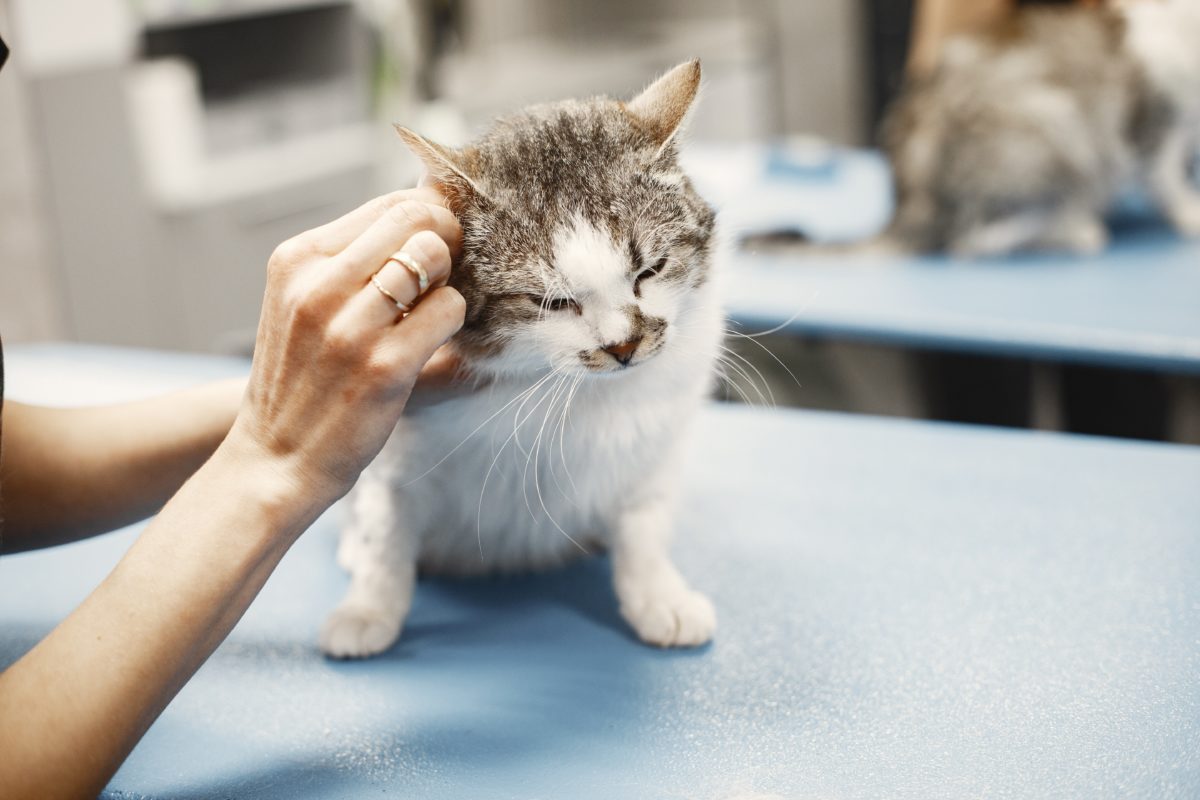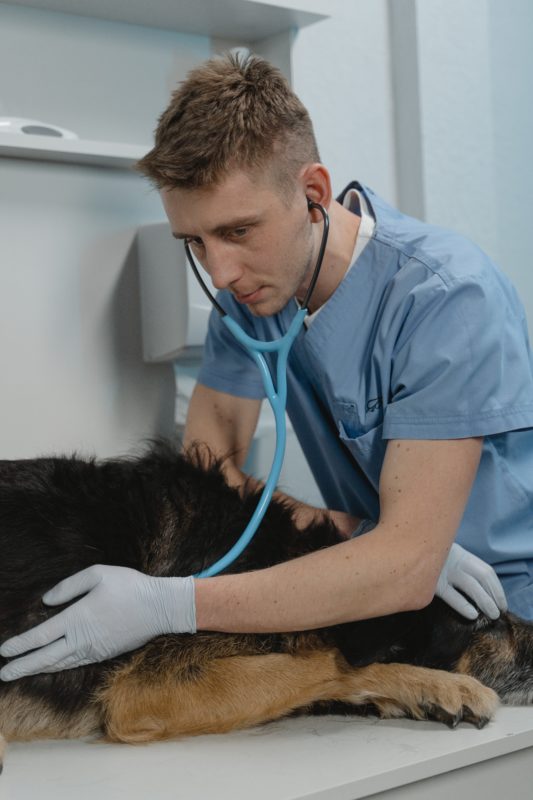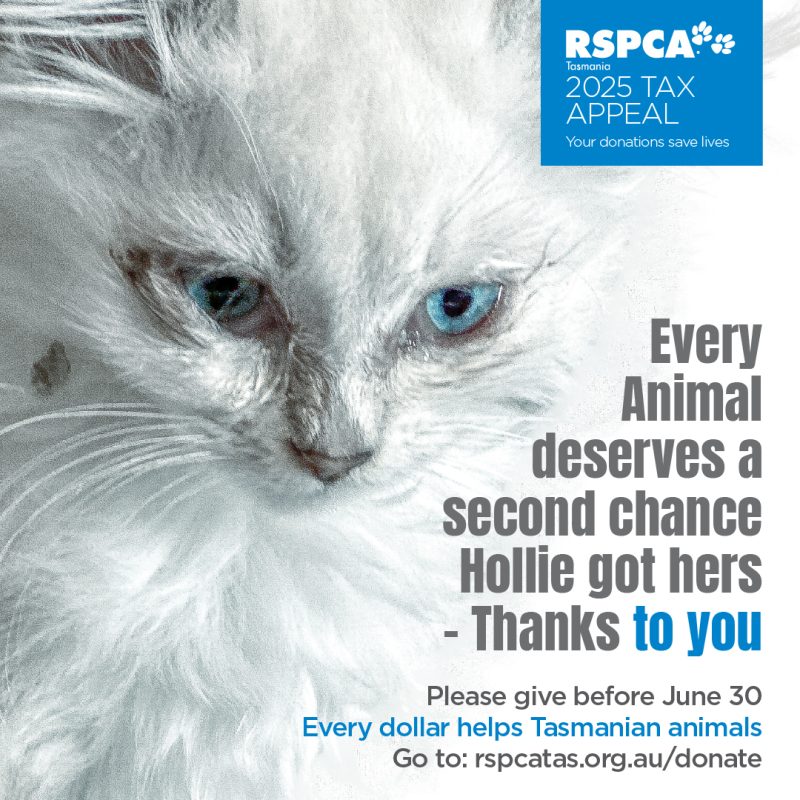We receive enquiries from people worried that they do not have the funds for unexpected vet costs.
As cost of living is tightening for all of us, we want to ensure support to our most vulnerable pet owners.
It can be stressful when your companion animal is unwell and if you’re also worried about money this can make the situation feel worse. The longer your pet is unwell the worse their illness can become. Seeking advice quickly will likely reduce costs overall and be best for your pet’s health.
This program is for low-income earners with a concession card.
2023/2024 report on our loan programs.
Over the 23/24 reporting year RSPCA Tasmania loaned $50,602.78 to 141 low income earners who needed our help to pay for emergency vet care.
A further 137 clients borrowed $40,115.22 from us to pay for their companion animals’ desex surgeries.
By helping people this way, we partner with them in the solutions to care for their animals. We have shifted away from providing parental guidance to partnering with community members to support positive decisions and individual responsibility.
We are all feeling the financial pinch and by offering this loan program we publicly acknowledge that cost of living pressures affect animals too.
Get advice from your vet first
The first step towards helping your pet is contacting your local vet. Although it can feel awkward to talk about money, it’s good to speak honestly with your vet about what you can afford as there may be alternative options.
Your vet should be able to give advice on how best to help your animal. If you have a concession card you will very likely be eligible for emergency vet services up to $500. We had to cap it somewhere but can offer a little flexibility.
For those who know their vet bill will exceed $500, we recommend contacting NILS Tasmania on 1300 301 650 or nilstasmania.org.au.
Avoid DIY remedies to cut costs
If you’re worried about money, you may be tempted to use home remedies or ask people without a professional vet’s qualification for help. Unfortunately, many common human products and medications can be very harmful when used on pets.
For example, paracetamol is highly toxic to cats and ibuprofen is very toxic to both cats and dogs. Complications can be serious and lead to vet costs much higher than the original concern. In some cases, it can result in the loss of the pet, as symptoms may not be seen until serious damage has been done.
Well-meaning people, who are not professionally trained, may also offer you pet health advice and this type of advice may not be suitable or safe to use on your pet for reasons only a trained vet would know. This is why it’s very important to speak to your vet practice if you notice a change in your pet’s health or behaviour.
Getting your pet to the vet quickly tends to lower the long-term cost of vet bills, as well as helping improve your pet’s wellbeing sooner.
"*" indicates required fields





























